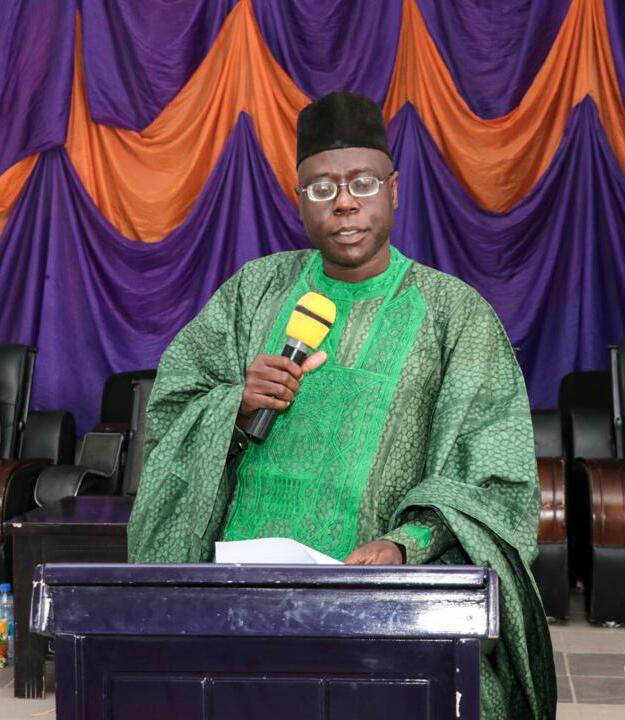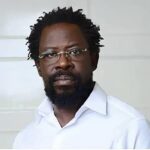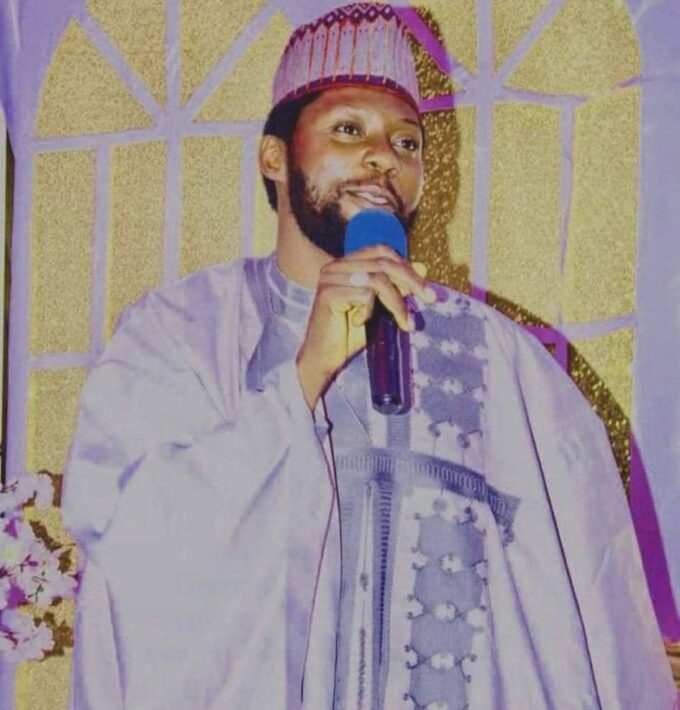Once again, tragedy has struck. Another canoe has capsized this time in Goronyo claiming precious lives, shattering families, and plunging an entire community into mourning.Our hearts are heavy as we stand in sorrow with the people of Kojiyo Ward and the entire Goronyo Local Government Area. We extend our deepest and most heartfelt condolences not out of formality, but from a place of shared grief and profound sympathy.
To the families who have lost loved ones, may you find strength in the love that surrounds you, and may the memories of those lost bring you comfort in time.
Yet, amid the tears and anguish, one painful truth remains,nothing changes.
This recurring tragedy demands more than mourning, it calls for action, for reflection, and for a collective commitment to protect the lives of those who rely on these waters each day.
Let this loss not be in vain
The tragedy in Kojiyo Ward, Goronyo LGA of Sokoto State, is not an anomaly. It is one more entry in a long, shameful list of preventable disasters that continue to define life in Nigeria’s riverine and flood-prone communities.
On what should have been an ordinary Sunday, dozens were swallowed by the river not by chance, but by the consequences of inaction.
A battered canoe. No bridge. No life jackets. No emergency services. Only water, prayer, and hope until hope runs out.
This is not a local tragedy.
This is a national disgrace.
FROM RIVERBANKS TO GRAVEYARDS: THE PATTERN IS CLEAR
Across Nigeria, the water claims the poor again and again. It is no longer surprising. It is expected. It is routine. But it is not acceptable.
Here are just a few of the many heartbreaking incidents:
June 2023, Niger State: Over 100 people, mostly women and children, perish in Gbajibo village when a canoe collapses under the weight of desperation.
October 2022, Anambra State: 76 people drown while fleeing devastating floodwaters in an unregulated boat.
May 2024, Taraba State: At least 15 schoolchildren die attempting to cross the Karim River. No safety measures in place.
August 2022, Bayelsa State: Six youths are overtaken by rain and never make it back.
May 2021, Kebbi/Niger border: 150 people lost in a single capsized vessel. Many still unaccounted for.
July 2022, Kano State: 15 people, including young farmers, drown in Bagwai River due to an overloaded canoe.
September 2023, Jigawa State: 10 lives lost in Guri LGA when a canoe ferrying market women capsizes after heavy rainfall.
August 2024, Kano state, 4 lives were lost kauran mata the victims were returning from Karfi town in Kura LGA, where they worked as local rice processors.
August 2025, Sokoto State: Multiple deaths in Kojiyo Ward latest in a long line of similar incidents.
The rivers may be unpredictable, but the tragedies are not. These deaths are not natural disasters they are the result of policy failure, gross negligence, and systemic indifference.
INACTION IS THE REAL KILLER
After each tragedy, officials make the rounds,a press release here, a photo opportunity there, and vague assurances that “measures will be taken.” But nothing changes.
Meanwhile, constituency funds meant for infrastructure, safety equipment, and community education are left idle, misappropriated, or siphoned through ghost projects. The boats remain unregulated. The bridges remain unbuilt. The dead remain forgotten.
What are lawmakers doing with the funds allocated in their names?
Where are the projects they claim to have commissioned?
Where is the outrage from those entrusted with protecting lives?
THIS IS NOT A RESOURCE PROBLEM IT’S A LEADERSHIP PROBLEM
Nigeria does not lack the money to fix this. Billions are spent every year on luxury convoys, oversized delegations, and overseas medical trips for public officials. Yet rural dwellers who contribute to our food security, local trade, and economy are forced to gamble their lives just to cross a river.
We do not lack resources. We lack resolve.
We do not lack knowledge. We lack compassion.
We do not lack laws. We lack leadership.
THE PATH FORWARD: WHAT MUST BE DONE NOW
This carnage must end. Not with pity, not with platitudes but with policy. Urgent, visible, and measurable action is needed.
I. Mandatory use of life jackets on all inland waterways, enforced by law.
II. Strict inspection and certification of all commercial boats.
III. Transparent monitoring of constituency projects, with community oversight and public reporting.
IV. Construction of motorized ferries and pedestrian bridges in high-risk zones.
V. Deployment of trained search-and-rescue units in every riverine region.
VI. Grassroots sensitization campaigns on safe water travel and emergency response.
VII. Collaboration with local leaders and traditional institutions, not as figureheads, but as active agents of enforcement and education.
These are not expensive luxuries. They are basic protections long overdue.
SAFETY IS A RIGHT, NOT A PRIVILEGE
Poor Nigerians are not disposable. Their lives are not less valuable because they live in remote communities. Poverty should not mean silence, and underdevelopment should never translate to death.
Every Nigerian deserves the right to cross a river without fearing for their life.
TO THOSE IN POWER: YOUR SILENCE IS NOT NEUTRAL
This country has seen too many unnecessary funerals. The tears have lasted too long. And the waters have taken far too much. The continued silence from those in positions of authority is not apathy,it is complicity.
To every public official reading this, Inaction is a decision. Every preventable death that occurs on your watch is an indictment of that decision.If you cannot protect the people, then you have no business representing them.
Tijjani Sarki,
Good Governance Advocate & Public Policy Analyst
19th August, 2025














Leave a comment